Matrimonial tradition fades in face of healthier, sugar-free lifestyles, declining nuptials
Candy shop owners on Nanchang's Zigu Road are more worried than the parents of young couples about the growing number of young people being in no hurry to get married.
"We sell candies for all kinds of celebrations, but mainly for weddings," said Liu Xiaojun, one of the candy shop owners. "This year's May Day holiday brought almost no business for us. It's been a tough year."
Zigu Road is an old street in Nanchang, the capital of Jiangxi province, named after the famous Song Dynasty (960-1279) writer Zeng Gong, whose courtesy name was Zigu.
In the 1990s, there were more than 20 candy shops lining the road, and Nanchang families enjoyed its sweet treats, especially the popular White Rabbit candies, a household brand from Shanghai.
The street is less than a kilometer from Tengwang Pavilion, a well-known tourist spot. However, in stark contrast to the bustling tourist area, nowadays few pedestrians are seen in front of the wedding candy shops.
The declining marriage rate, competition from online sales, and the younger generation's preference for sugar-free products are all eroding the revenue of these small shops.
Traditional treats
It's late July, and Nanchang is still very hot and humid, even at dusk. One of Liu's customers, Qiu, arrives in a white car and enters the Zigu Road candy shop.
She recently got married and needs wedding sweets for the banquet. Qiu points at some fancy candy boxes and asks Liu — "how much are these?"
A short while later, she returns to her car carrying a large red plastic bag.
Candy plays a small but essential role in any traditional Chinese wedding. It is often handed out at the reception feast or offered as a wedding favor to guests.
Typically, candy is also exchanged between families as a traditional symbol of happiness and to invoke good luck for having many children.
"A single wedding candy order usually costs around 1,000 ($140) to 2,000 yuan. However, with fewer people getting married, our profit margins have decreased," Liu said.
Her husband, Xu Wei, pulls out a calculator and says, "We just received an order totaling 1,340 yuan. After all expenses, our profit is less than 100 yuan, and we also need to pack the candies for the customer."
Each small wedding pack usually contains 8 to 20 different types of candies.
"When business was booming, we would be up packing candies until one or two in the morning," Xu said. "Now, we don't have those busy nights."
Daily sales are often less than a few hundred yuan. "This year is particularly tough," he said.
"They say that young people in big cities like Beijing and Shanghai are not getting married, but even here in Nanchang, few people are tying the knot."
Lately, their shop's main customers have been families hosting graduation banquets, which generates business that is slightly better than in the offseason.
Wedding candy culture in East China is popular, particularly in provinces like Jiangsu, Zhejiang, Fujian, Anhui and Jiangxi, which together account for nearly 80 percent of the market, according to China Candy magazine.
In Nanchang, whether it's to celebrate a wedding, birth, housewarming or birthday, residents like to give out candy.
The wedding candy business is also seasonal.
After the Chinese New Year, business picks up in April, peaks during the May Day holiday, and slows down until the graduation banquets in July and August. It picks up once more during the National Day holiday in October before falling off again.










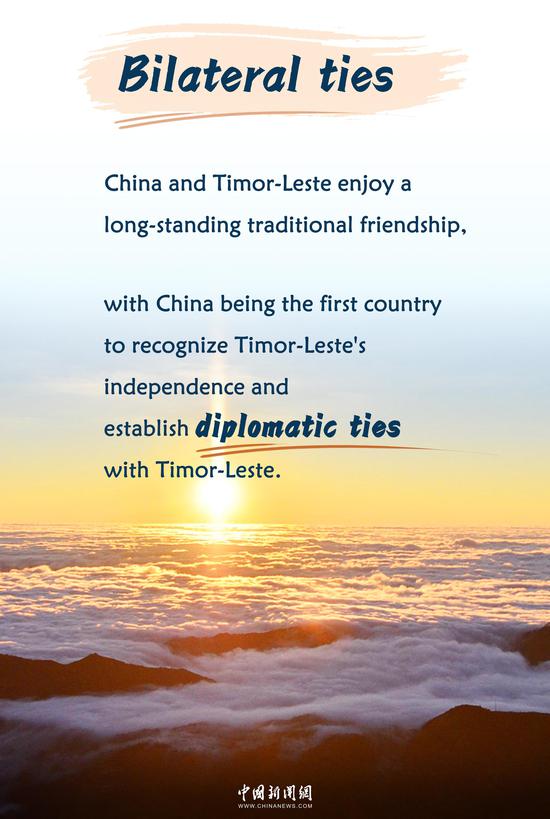
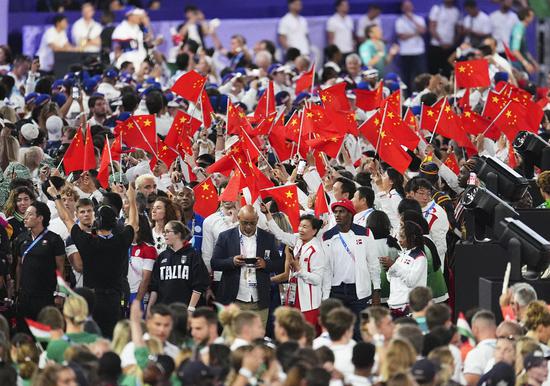










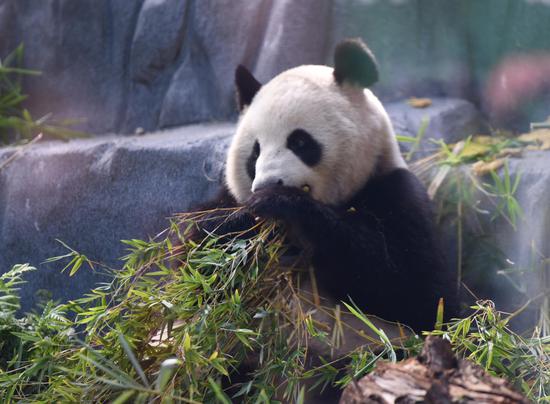
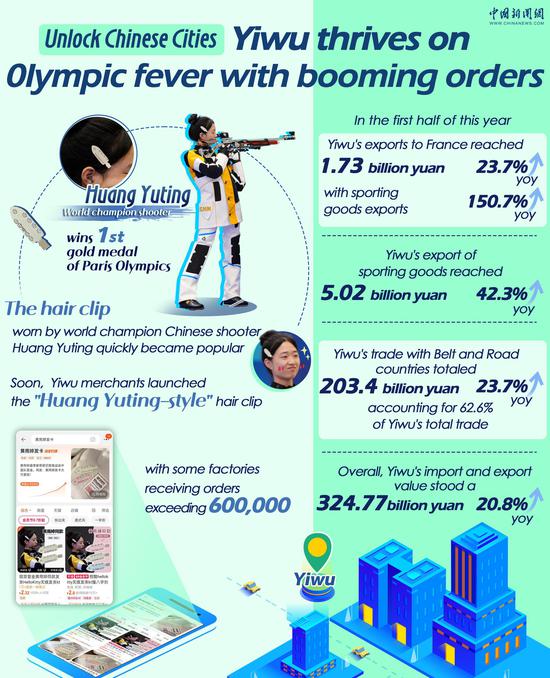
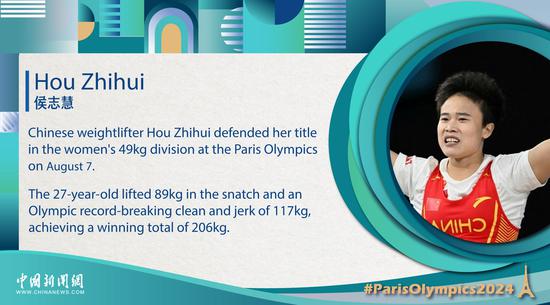
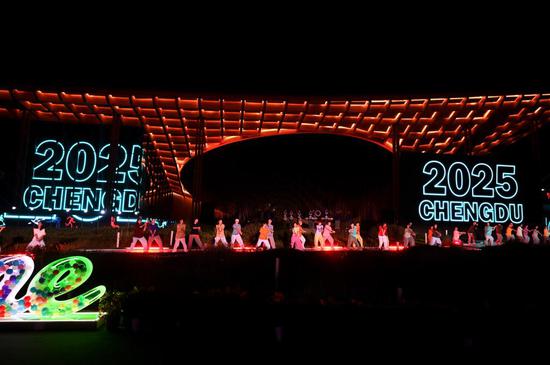




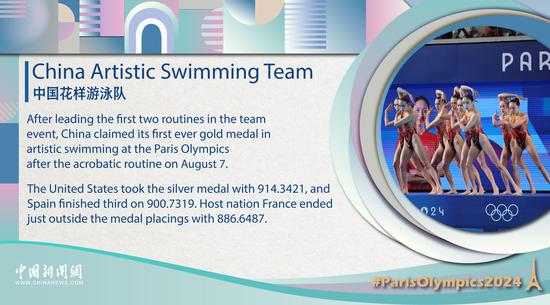




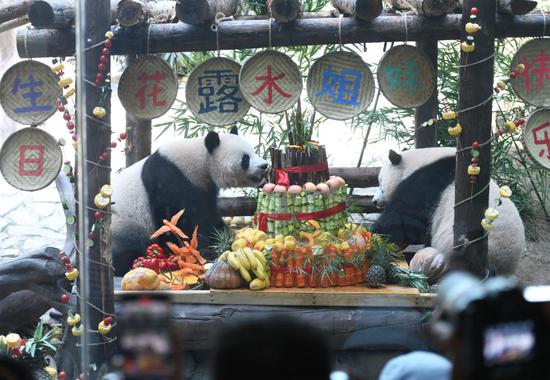
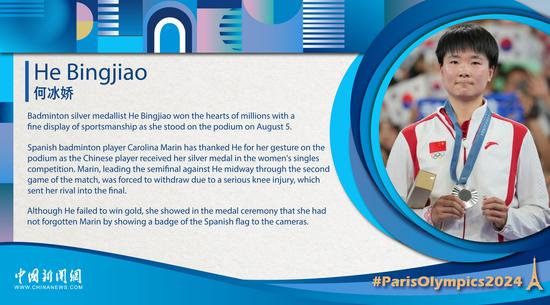
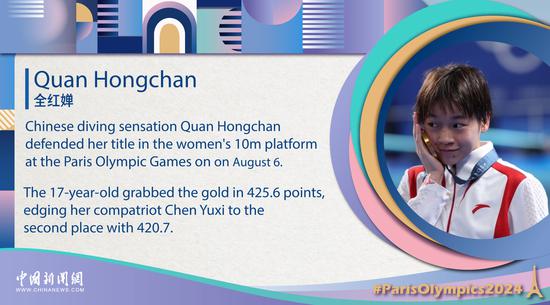
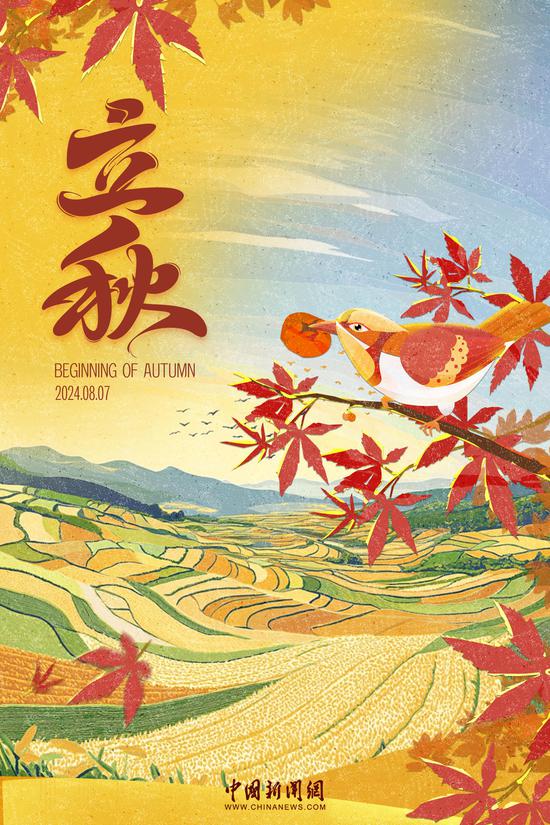
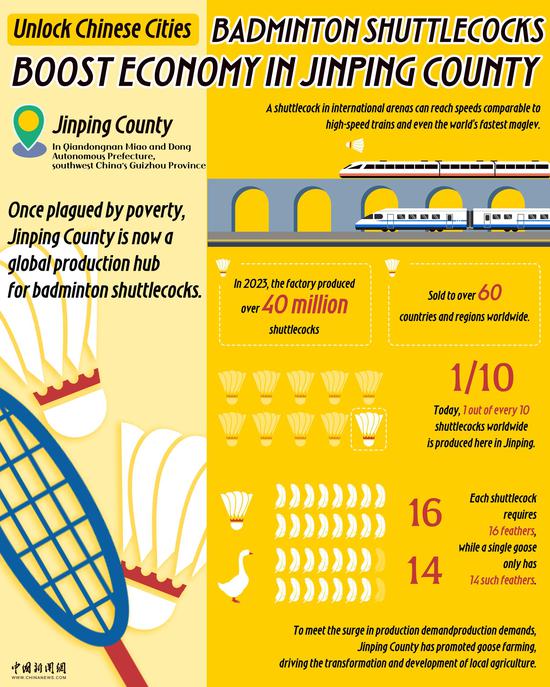

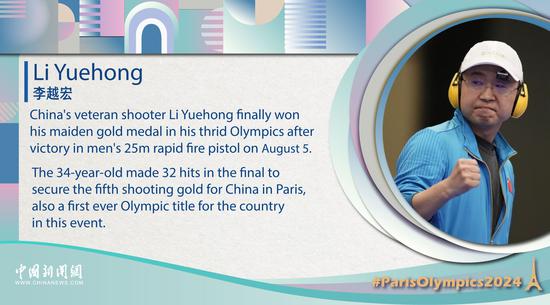


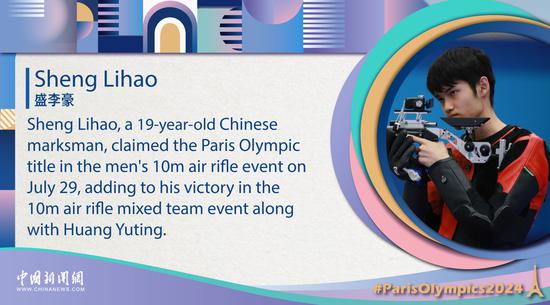

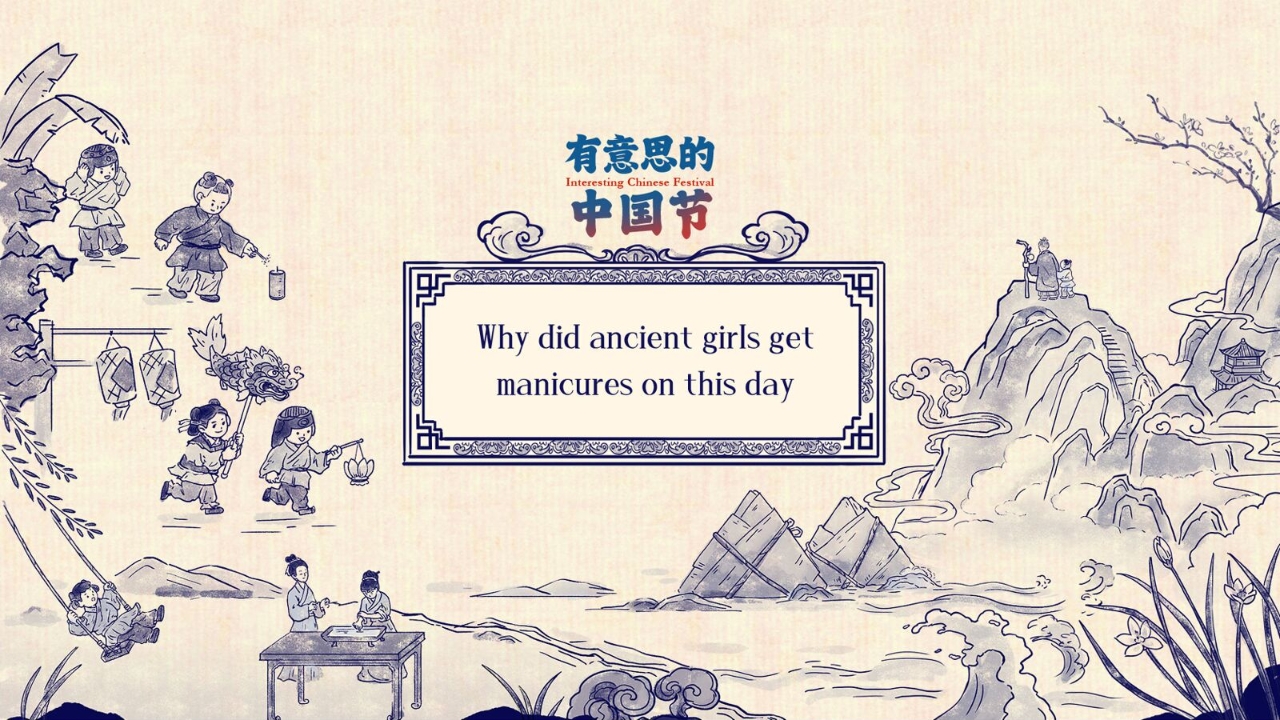



 京公网安备 11010202009201号
京公网安备 11010202009201号